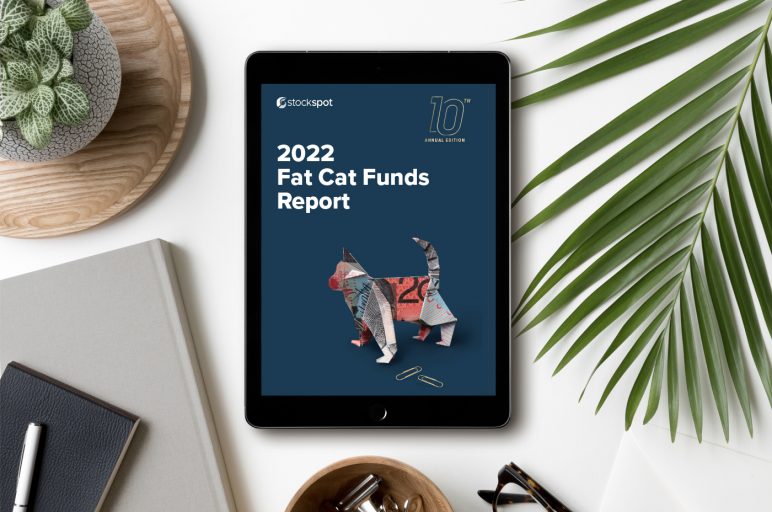If you’re someone who has selected your own super fund or set up a Self Managed Super Fund (SMSF), it might surprise you to find out that you’re an exception.
The majority of Aussies just take the fund they’re ‘defaulted’ into by their employer when they start work.
Most people in default super take little to no interest in their fund and they tend not to switch regardless of performance.
Because of this, default super funds don’t face the kind of price-based competition they would in other industries where customers demand value-for-money.
The bank-owned default funds regularly charge too much and don’t migrate clients to better options due to conflicted arrangements. The industry funds waste hundreds of millions on failed projects and avoid backlash because they are protected by the industrial awards system.
Without ‘normal’ competitive forces at play, default funds have too often put the interests of their owners, employees and related parties ahead of their fiduciary duty to members.
What’s been done so far
We’ve been calling out for major reforms and policy innovation in the superannuation industry since 2013. Finally, the government have introduced some initiatives at addressing the issues:
The government has made changes to how insurance is offered in superannuation, including the Protecting Your Super Package (PYSP) and Putting Members’ Interests First (PMIF). The changes were aimed at making sure that low super balance clients are not eroded by insurance premiums.
For example, super funds are not able to provide insurance in super for those under the age of 25 if their account balance is 6000, unless members opt-in for coverage. Super funds are also required to cancel insurance for inactive funds (a period of 16 months where no contributions or rollovers received).
MySuper Heatmap
In December 2019, APRA introduced a public spreadsheet that showed the fees and performance of MySuper products, in a bid to enhance transparency and clarity. They presented the data using colour coding (red meaning bad and white meaning good) to make it more intuitive.
However, there are still some issues with the heatmap. These include:
- Not consumer friendly (the spreadsheet is tough to navigate for the everyday Aussie making comprehension of the data an issue)
- Concerns around classifying defensive assets (e.g. they classify infrastructure and property as 25% defensive). We’d like to also see reporting on how liquid the funds are.
- Only limiting the product range to MySuper products, whereas there are hundreds of bank-owned choice funds that are ignored, and according to our research consistently underperform.
The release of the YourSuper tool
In 2021, the government released the YourSuper Comparison tool. This tool is a step in the right direction but only ranks 80 MySuper funds.
For the millions of people who aren’t invested in MySuper funds, the tool is not ideal for getting a good read on your superannuation fund.
Even those in MySuper funds should be aware of only comparing performance and fees
Consumers should be comparing performance and fees of funds that have the same risk levels, and this is hard to do within the current YourSuper tool.
It’s a start but there’s is still more to be done
Our annual Fat Cat Funds research shows 90% of Australians would be better off in a low cost index fund than a typical balanced super fund because of inefficient operations and high cost active management. This is the single biggest drain on the super system, costing billions each year.
Professor Nicholas Morris of UNSW made the same discovery about expensive active management which he published in “Management and Regulation of Pension Schemes: Australia – A Cautionary Tale” (Routledge, 2018).
Other regulators around the world are coming to the same conclusion too, most recently the European Securities and Markets Authority (ESMA) who published ‘Performance and costs of retail investment products in the EU’.
We need to reduce investment and operating costs across all funds, rather than promote existing practices and costs which have resulted from a lack of price competition.
Rather than cherry-pick the best of an average bunch, we believe the government should focus on removing conflicts of interest and rent-seeking behaviour altogether.
This can be achieved in one of two ways:
- The creation of an independent and publicly answerable alternative fund (low cost and passively managed) which would be the default for all Australians. Our Fat Cat Funds research shows that such a fund will beat almost all super funds over the long run, including the proposed ‘top 10’. This structure has been successful in other parts of the world. A fabulous example is the Nevada Public Employees’ Retirement System. It passively manages US$41 billion with just one employee. His strategy is to keep costs low and not try beating the market which makes it a consistent top performing pension fund.
- Alternatively, we could implement a public tender process for the right to manage default super via a fee based auction. This would enable the current funds to participate but they’d need to be more efficient to compete and recognise that lower costs benefit their members. According to The Grattan Institute, competitive bidding could bring the cost of managing super down by over 50%, a saving of around $10 billion per year.
Australians need lower cost default super
Access to a safe, low cost and simple default option is essential to help the retirement savings of millions of Australians go further and last longer.
Lower costs are clearly in the best interest of members however any policy to promote this would face strong backlash from thousands of hanger-oners employed by the super industry.
It would take a brave government to rattle the cages of the countries’ biggest rent-seekers, but the broader positive impact of returning billions in excess fees each year would be a game-changer for Australia.





